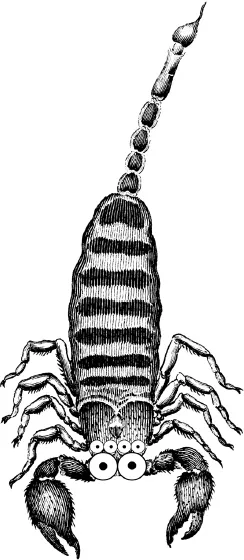
In Praise of Idleness
A Timeless Essay
Bertrand Russell
- 192 pages
- English
- ePUB (mobile friendly)
- Available on iOS & Android
In Praise of Idleness
A Timeless Essay
Bertrand Russell
About This Book
New York Times bestselling author Bradley Trevor Greive breathes new life into Bertrand Russell's classic work, In Praise of Idleness, with a magical package that includes BTG's new introduction, biographical afterword, historical notes, additional quotations and comic illustrations. This is the perfect gift for the fearless literary connoisseur who values creativity, big ideas and revolutionary spirit.Considered "the Voltaire of his time", Bertrand Russell was a fearless iconoclast who stood unbowed before political and religious leaders; his disdain for conventional thinking and accepted beliefs set him apart from his academic peers and at odds with the authorities throughout his long and storied life.Russell's penetrating insights and exquisite turns of phrase feel as fresh and relevant today as when they were first written. Arguing that we can achieve far more by doing far less, and that traditional wealth accumulation is a form of cultural and moral poverty, Russell demands greater depth from our age of abundant creativity and heralds the next wave of enlightened entrepreneurs.'Bradley Trevor Greive, best known for his humorous inspirational books, has done us all a favour by bringing the full force of his bestseller clout to reviving the work of polymath philosopher Bertrand Russell' — The Age 'If you have any intellectuals hiding around the house, or know someone who fantasises about donning a smoking jacket for some "pipe time", this charming little book is sure to appeal … This is the Christmas gift that will keep on giving in terms of guidance.' — Courier Mail 'Beautiful' — Law Journal 'Although written in 1920, it feels timely, reminding us that we'll never accomplish anything of lasting merit if we're constantly busy (at work, on our phones, on the internet). Grieve's illustrations, notes and elaborations make for a beautiful package – and the ideal gift for the overachiever in your life.' — Weekly Review 'Utterly and completely delightful - and wise!' —Heather Rose, Stella Prize winning author of The Museum of Modern Love
Frequently asked questions
Information
